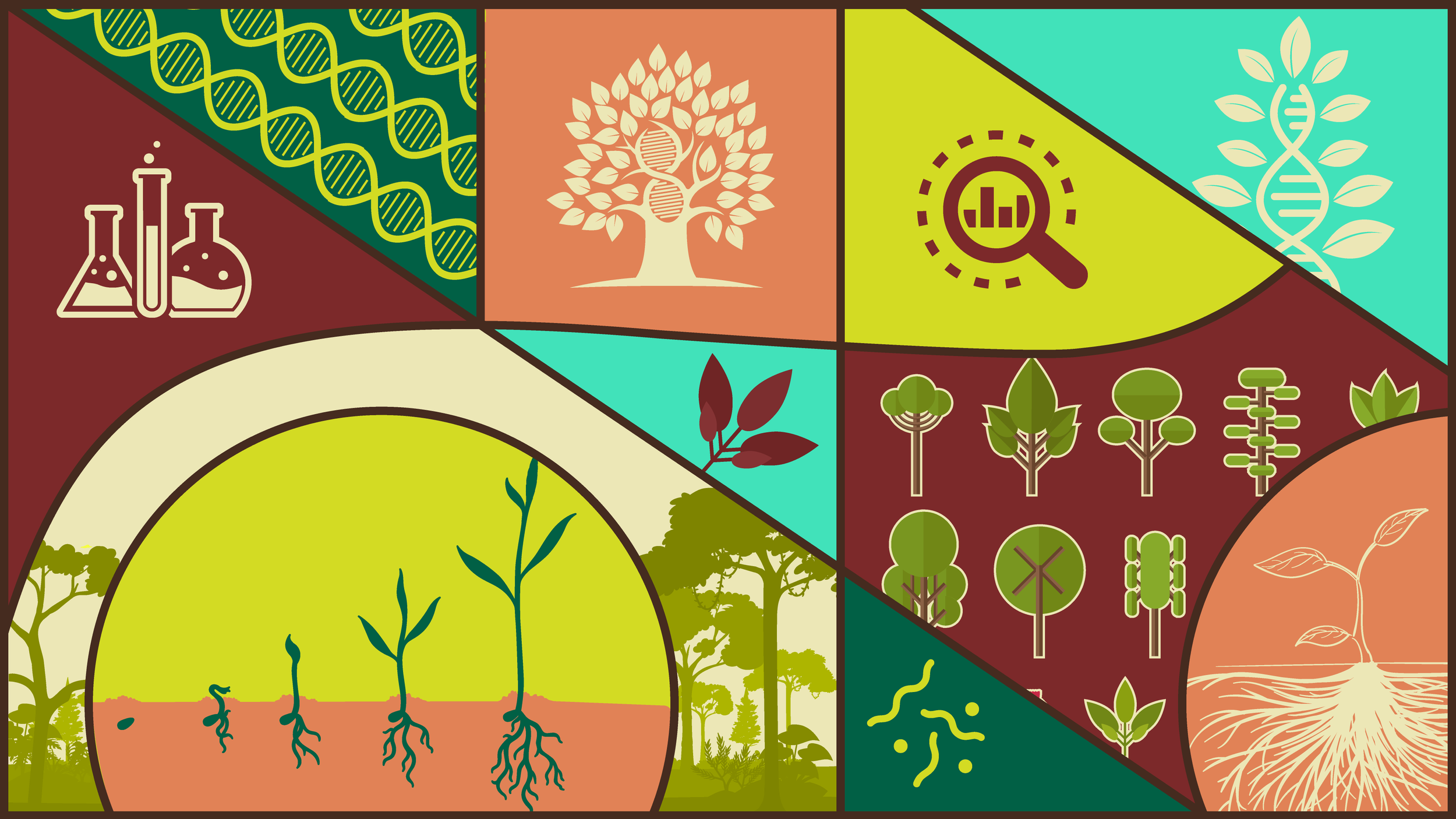Map the Plant Genome to Solve Food Insecurity
Humans currently depend on just 15 plants to provide almost all of the world’s food, which has made our food supply extremely vulnerable to climate change, new diseases, and geopolitical upheaval. Mary Fernandes, Co-Founder and President of Solis Agrosciences, explains that, just as the Human Genome Project has accelerated progress in the War on Cancer and other diseases, a Plant Genome Project could also unlock plant innovation and spur the growth of the bioeconomy. By sequencing 7,000+ plant species’ genomes and creating open-access genetic information, the Plant Genome Project can rapidly accelerate identification of climate-resilient plant varieties to increase global food security.
Unlock Aid caught up with Mary Fernandes to discuss her moonshot idea, which would accelerate progress towards achieving United Nations Sustainable Development Goals (SDGs) 2 and 15: to end global hunger and promote sustainable ecosystems and reverse biodiversity loss by 2030.
“I expect that as the Plant Genome Project starts to uncover the secrets of plant genomes, we will unleash a new wave of innovation.”
~ Mary Fernandes, Solis Agrosciences
UA: What inspired your moonshot idea?
SA: I can recall how excited other scientists and I were when the first plant genome was sequenced over 20 years ago. It was the genome of Arabidopsis thaliana, widely used as a model research plant. Since then, there have been a range of individual efforts and consortia that have sequenced other plant species, but I held out and waited for a universal Plant Genome Project that could provide large-scale international effort to sequence all plants, much like the hugely impactful Human Genome Project. Unfortunately, it never came.
There were two key factors that influenced me to propose this idea:
The dramatic drop in sequencing costs
The dramatic loss of plant biodiversity that we are witnessing, from the crops we grow and the nature that makes up our animals’ habitats and the world as we know it.
UA: What impact do you hope to make?
SA: I am confident that we can greatly increase the speed and efficiency of crop improvement through breeding and biotechnology if we have fully sequenced plant genomes. We have access to the tools to make these improvements via genetic engineering and CRISPR gene editing, but if we do not know what the genes are, we cannot understand their function and make suitable improvements. In equal respects, neither can we leverage this information for other purposes, such as obtaining insights into the evolution of plants and the mechanisms that allow them to adapt to different environments.
I expect that, as the Plant Genome Project starts to uncover the secrets that plant genomes have, we will unleash a new wave of innovation that will positively impact the agricultural, food, pharmaceutical, and industrial sectors, respectively improving food security and subsequently helping us identify new medicines or other products that are derived from plants and growing the bio economy.
UA: Looking ahead to 2023, what are you hopeful about?
SA: I am hopeful that we can bring a whole-of-government approach to this initiative, generating strong enthusiasm and a willingness among researchers and experts to join forces and collaborate. At a global level, I hope we can make significant progress in reversing climate change, biodiversity loss and food insecurity.
